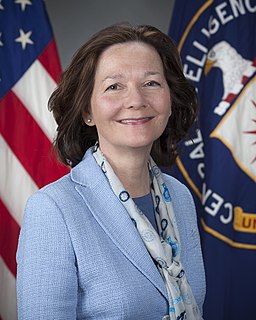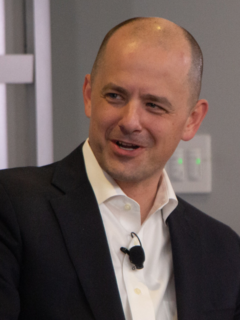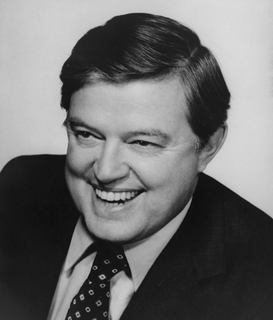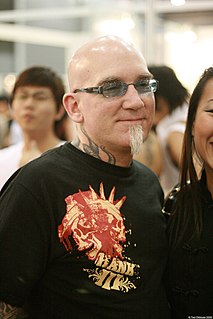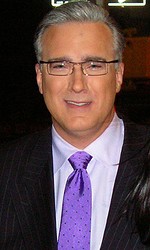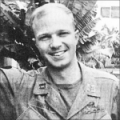A Quote by Valerie Plame
I first learned the power of trust in the CIA. There is no question that when I joined the Agency as a covert operations officer, it was still run along the 'old boys' network' model.
Related Quotes
In examining the CIA's past and present use of the U.S. media, the Committee finds two reasons for concern. The first is the potential, inherent in covert media operations, for manipulating or incidentally misleading the American public. The second is the damage to the credibility and independence of a free press which may be caused by covert relationships with the U.S. journalists and media organizations.
At the secret CIA training facility called 'The Farm,' aspiring case-officers learn how to recruit spies and steal secrets. As a former CIA officer, this is where I was taught that in order to successfully recruit an asset, I must first understand what would motivate an individual to cooperate with the CIA in the first place.
Yesterday, John McCain actually said that if he's president that he'll take on, and I quote, 'the old boys network in Washington.' Now I'm not making this up. This is somebody who's been in Congress for twenty-six years, who put seven of the most powerful Washington lobbyists in charge of his campaign. And now he tells us that he's the one who's gonna' to take on the old boys network. The old boys network? In the McCain campaign that's called a staff meeting. Come, on!
There is no part of the executive branch that more exists on the outer edge of executive prerogative than the American intelligence community - the intelligence community, CIA, covert action. My literal responsibility as director of CIA with regard to covert action was to inform the Congress - not to seek their approval, to inform.
I knew about some experience on the operational part of the CIA with Latin American services and so forth having to do with torture. But this was the first time that the CIA was openly advocating for permission to be able to torture. And that seemed to me so abhorrent that I wanted to disassociate myself from the CIA for the first time since 1963, because I didn't want to be associated in any way, however remotely, with an agency engaged in torture.
Blackwater's work with the CIA began when we provided specialized instructors and facilities that the Agency lacked. In the years that followed, the company became a virtual extension of the CIA because we were asked time and again to carry out dangerous missions, which the Agency either could not or would not do in-house.
The traditional model for a company like Coca-Cola is to hire one big advertising agency and essentially outsource all of its creativity in that area. But Coca-Cola does not do it that way. It knows how to manage creative people and creative teams and it has been quite adept at building a network that includes the Creative Artists Agency in Hollywood, which is a talent agency.

